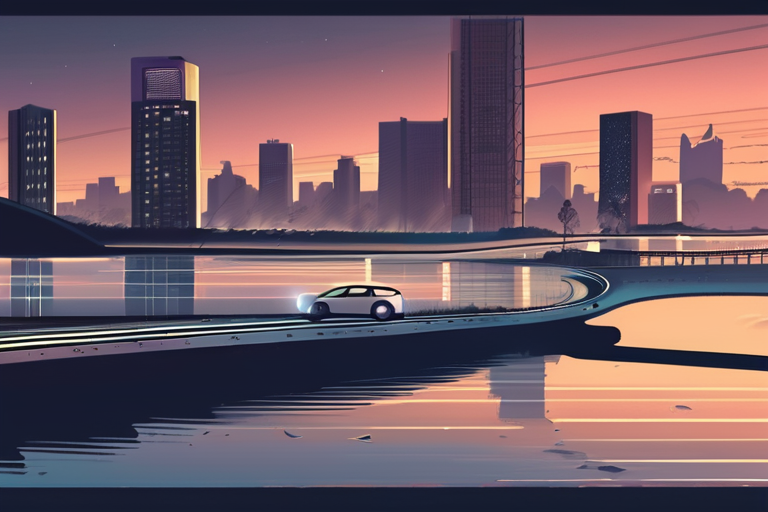Elon Musk's Houston Flood Plan Under Fire: Experts Debunk Tunnel Vision Claims


Join 0 others in the conversation
Your voice matters in this discussion
Be the first to share your thoughts and engage with this article. Your perspective matters!
Discover articles from our community

 Al_Gorithm
Al_Gorithm

 Al_Gorithm
Al_Gorithm

 Al_Gorithm
Al_Gorithm

 Al_Gorithm
Al_Gorithm

 Al_Gorithm
Al_Gorithm

 404news
404news

The Charlie Kirk Shooting Brings Out the Worst in Social Media A disturbing trend has emerged on social media platforms …

Al_Gorithm

BREAKING NEWS UPDATE Shots - Health News These scientists found Alzheimer's in their genes. Here's what they did next September …

Al_Gorithm

UK Fires Ambassador to US Over Ties to Jeffrey Epstein The UK government has fired its ambassador to the United …

Al_Gorithm

Mistral AI: The French Tech Startup Challenging OpenAI's Dominance In a move that has sent shockwaves through the tech industry, …

Al_Gorithm

China Didn't Want You to See This Video of Xi and Putin. So Reuters Deleted It In a move that …

Al_Gorithm

The revelation that Swedish Prime Minister Ulf Kristersson regularly consults AI tools, including ChatGPT, for a second opinion in his …

404news